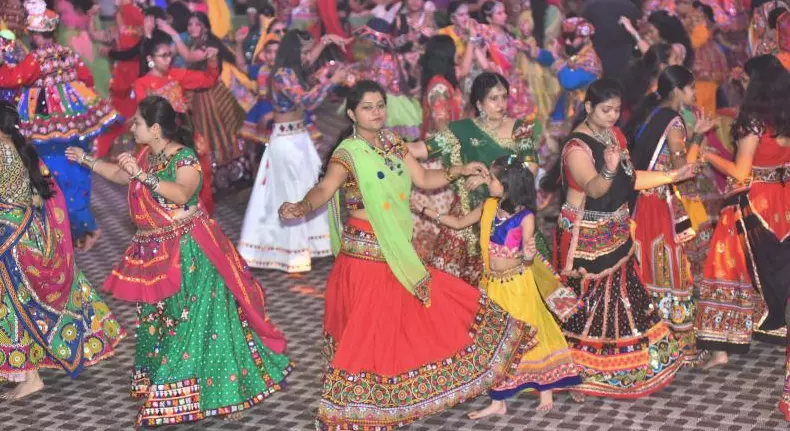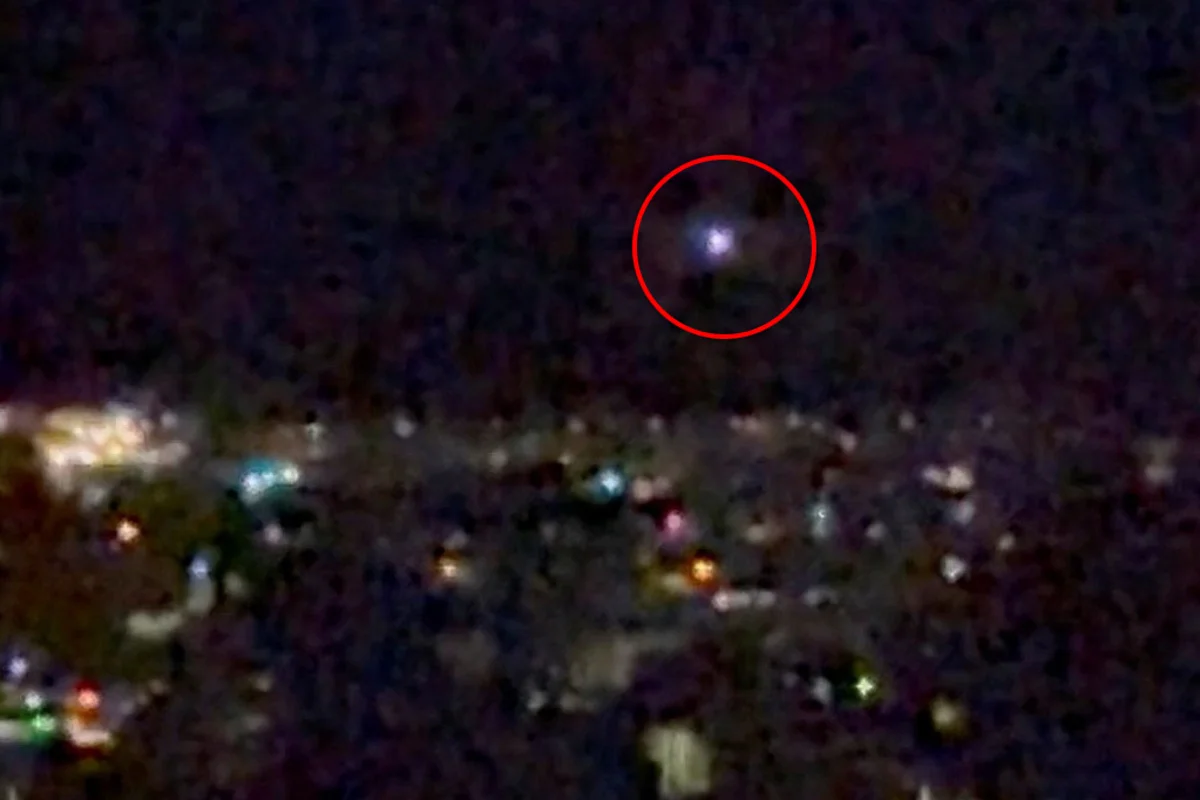Copyright deccanchronicle

The Vishwa Hindu Parishad (VHP) has stirred a major controversy ahead of Navratri by issuing stringent guidelines for garba participants and organisers, mandating Aadhaar verification, ritual compliance, and Hindu-only entry. The advisory, circulated in Maharashtra and other states, insists that attendees undergo identity checks, apply tilak, perform puja, and bow before the goddess’s image before entering the venue. VHP leaders defended the move, saying it was aimed at preserving the “religious sanctity” of garba. “Garba is not merely a dance but a form of worship to please the goddess. Only those having faith in idol worship must be allowed to participate,” said national spokesperson Shriraj Nair. The directives also call for ritual purification with cow urine (gau mutra) sprinkling and prohibit intoxication and smoking at the events. Volunteers from VHP and Bajrang Dal will be deployed at major pandals to enforce the rules, officials said. The advisory explicitly bars non-Hindus from attending, citing concerns over “love jihad” — an allegation critics dismiss as unfounded. Despite the backlash, the VHP has stood firm, declaring it will continue to enforce these measures wherever possible. Organisers across Maharashtra and other states now face mounting pressure to either adopt the checklist — which includes biometric-style checks, tilak, puja, and ritual sprinkling — or reject it in favour of a more inclusive approach. The diktat has sparked a political flashpoint, with supporters calling it an organiser’s right and critics slamming it as discriminatory and unconstitutional. Civil liberties groups have also raised privacy concerns over Aadhaar-based entry checks. Meanwhile, voices from the Muslim community urged restraint. “Garba is worship of Maa Shakti. Since it is not aligned with Muslim faith, we appeal to Muslims to maintain a distance from Garba,” said Dr Salim Raj, chairman of the Chhattisgarh Waqf Board.



